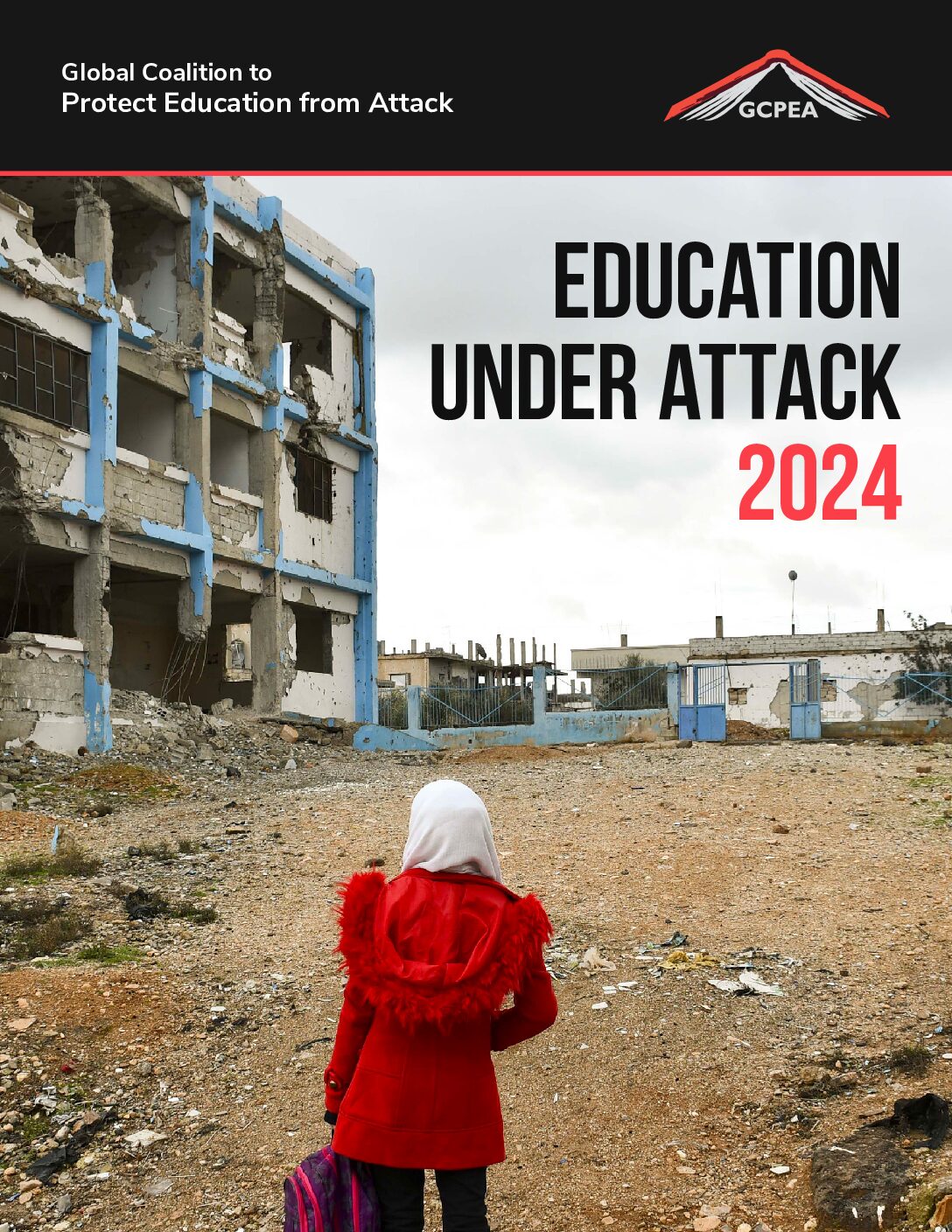GCPEA News
Millions of Children Still Out of School
Governments Failing to Live Up to Education Commitments, March 6, 2017
By Helen Griffiths
Coordinator, Children’s Rights
Today, the United Nations Human Rights Council (UNHRC) will be reviewing global progress on children’s rights. Alarm bells should be ringing – especially when it comes to education.
UNHRC will be taking the measure of progress on children’s rights outlined in the Sustainable Development Goals (SDGs), a sweeping plan adopted 18 months ago committing governments to tackle poverty by 2030.
As part of the SDGs, governments have committed to improve access and quality of education for all children by 2030. That’s a steep order: About 263 million children are out of school worldwide. Millions have never gone to school, and many others have been forced to leave. Currently, 25 million children around the world are expected to never attend school.
Children face systemic barriers, including discriminatory policies such as the one in Tanzania, which excludes pregnant girls and young mothers from school.
Children with disabilities face discrimination or are sometimes refused places in school. Some students with disabilities lack essential materials, such as braille notes or a braille writer.
Refugee children miss out on months, if not years, of education. The UN refugee agency estimates that 50 percent of primary school-age refugees and 75 percent of secondary school-age refugees are out of school. They encounter numerous barriers when trying to register in host countries or are discriminated against by school officials. And in many places at war, children can’t study in safety because their schools are being used by armed groups or have been attacked.
Governments have international legal obligations to provide children with an education. But the statistics speak for themselves: There remains an “education deficit,” a difference between children’s daily reality and governments’ human rights obligations.
Governments need to tear down barriers keeping children out of school. This includes investing much-needed resources in the right places and changing discriminatory laws and policies.
The UNHRC should publicly press governments that aren’t meeting their education commitments when reviewing human rights records. Without international pressure, there will be little hope of meeting the ambitious goals set for 2030. The education deficit isn’t just about statistics. It’s about the lives and minds of children around the world who want to learn.



